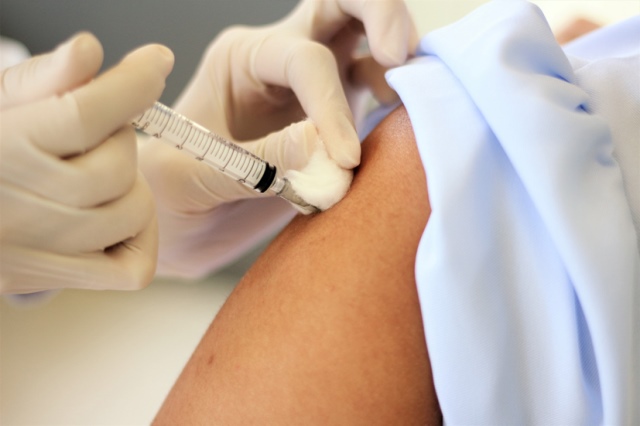Moderna’s mRNA-1345, an investigational mRNA vaccine candidate for respiratory syncytial virus (RSV), has been granted Breakthrough Therapy Designation by the U.S. Food and Drug Administration (FDA) for the prevention of RSV-associated lower respiratory tract disease (RSV-LRTD) in adults aged 60 years or older.
The designation was based on positive topline data from the ConquerRSV Phase 3 pivotal efficacy trial.
“The FDA’s Breakthrough Designation for mRNA-1345 further emphasizes the significant health impact of RSV in older adults and the high unmet need,” said Stéphane Bancel, Chief Executive Officer of Moderna. “With this designation, we look forward to productive conversations with the FDA in the hopes of bringing our RSV vaccine candidate for older adults to the market safely and quickly. Moderna’s mRNA platform has now demonstrated two positive Phase 3 infectious disease trial results and we continue to advance a portfolio of respiratory mRNA vaccines targeting the most serious diseases. We are grateful to the FDA for this designation.”
The FDA’s Breakthrough Therapy Designation is granted to expedite the development and review of drugs that are intended to treat a serious condition, and when preliminary clinical evidence indicates the drug or vaccine may demonstrate substantial improvement over available therapy on a clinically significant endpoint(s).
mRNA-1345 was previously granted Fast Track designation by the FDA in August 2021. Moderna intends to submit a license application for regulatory approval in the first half of 2023.
The ConquerRSV study, a randomized, double-blind, placebo-controlled study evaluating the efficacy of mRNA-1345 against RSV-LRTD as defined by two or more symptoms, met its primary efficacy endpoints, including vaccine efficacy (VE) of 83.7% (95.88% CI: 66.1%, 92.2%; p<0.0001) against RSV-LRTD as defined by two or more symptoms and VE of 82.4% (96.36% CI: 34.8%, 95.3%; p=0.0078) in RSV-LRTD as defined by three or more symptoms.
mRNA-1345 was generally well tolerated with no clinically significant safety signals identified. To date most solicited adverse reactions were mild or moderate and the most commonly reported solicited adverse reactions in the mRNA-1345 group were injection site pain, fatigue, headache, myalgia, and arthralgia. The overall rate of severe (Grade 3 or greater) solicited systemic adverse reactions was 4.0% for mRNA-1345 and 2.8% for placebo. The study is ongoing, and an updated analysis of safety and tolerability will be provided at the time of regulatory submission.


